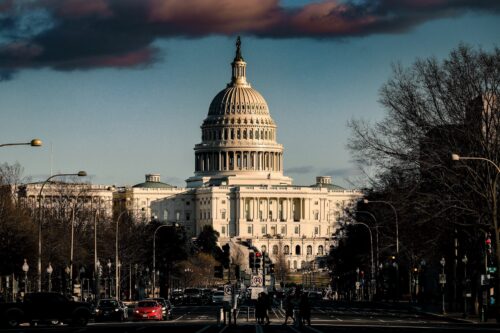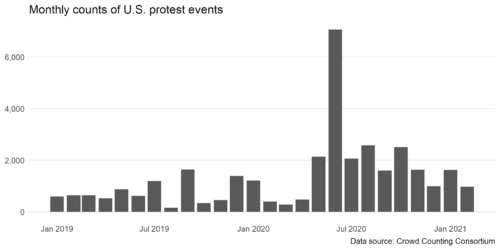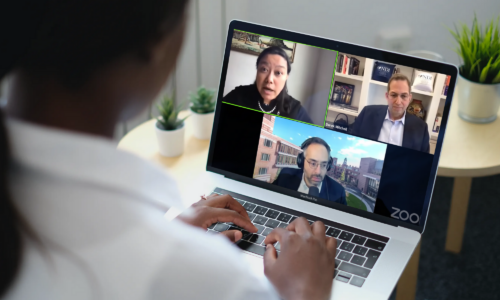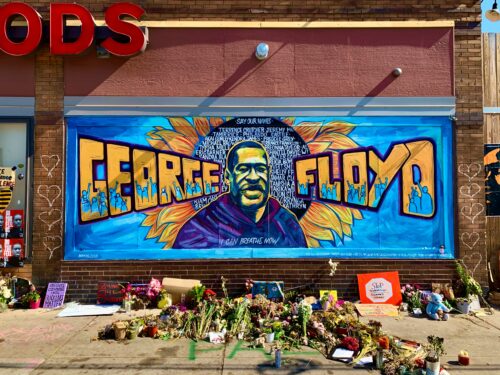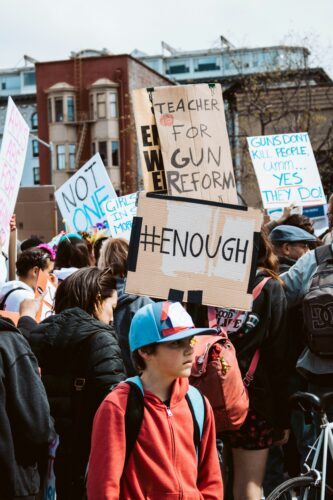
Podcast
What Does the MAGA New Right Think?
In the season finale, author and political theorist Laura Field joins co-hosts Archon Fung and Stephen Richer to unpack the ideas and beliefs of the New Right and their impact on elections, race, and public debate.
